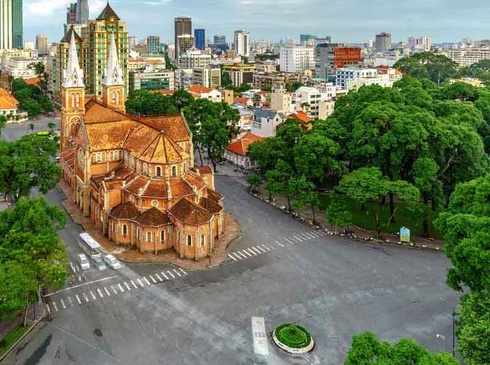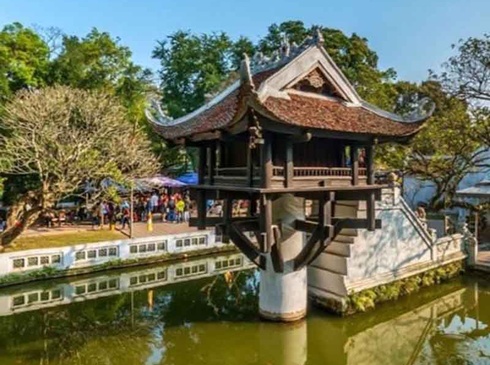The Remarkable Story of Vietnam's Resistance against Colonization
Vietnam, a country located in Southeast Asia, was once under the influence of many colonial powers, including China, France, and Japan. However, the Vietnamese people have a long history of resisting foreign occupation and colonization. Even though they faced numerous obstacles and challenges, the Vietnamese fought tirelessly for their country's independence. In this article, we'll focus on the remarkable story of Vietnam's resistance against colonization, its key figures, and significant events that led to its liberation.
.jpg)
The resistance movement in Vietnam began during the early 19th century when the country was still under the control of China's Qing dynasty. Local leaders, such as Nguyen Du, Nguyen Truong To, and Phan Boi Chau, emerged, urging the Vietnamese people to resist Chinese oppression and advocate for a more independent nation. They believed that the Vietnamese people should be the ones to govern the country, not the Chinese.
Under French colonialism, the Vietnamese people continued their resistance efforts through different means, including intellectuals, religious groups, guerrilla warfare, political activism, and more. One of the most famous Vietnamese leaders during this period was Ho Chi Minh, who founded the Indochinese Communist Party and later became the first president of the Democratic Republic of Vietnam. He was a prominent figure during the first Indochina War, which began in 1946 and ended with the defeat of France in 1954.
.jpg)
Another significant event that led to Vietnam's eventual liberation was the Tet Offensive in 1968. This military campaign by the Viet Cong and the North Vietnamese Army was a surprise attack on American and South Vietnamese troops throughout Vietnam. Though the offensive was initially unsuccessful, it was a turning point in the Vietnam War and showed that the Vietnamese people were still determined to fight for their independence.
The war officially ended in 1975 when the North Vietnamese Army captured Saigon, the capital of South Vietnam, and reunified the country. This victory marked the beginning of a new era for Vietnam, one that would focus on rebuilding the country and moving it forward to a prosperous future.
.jpg)







